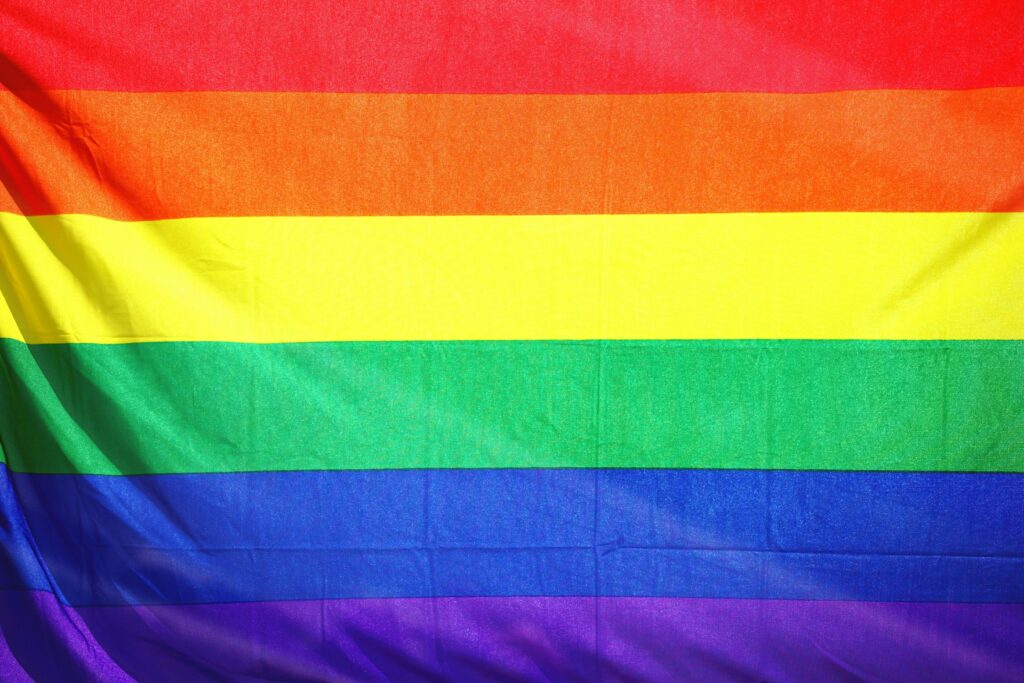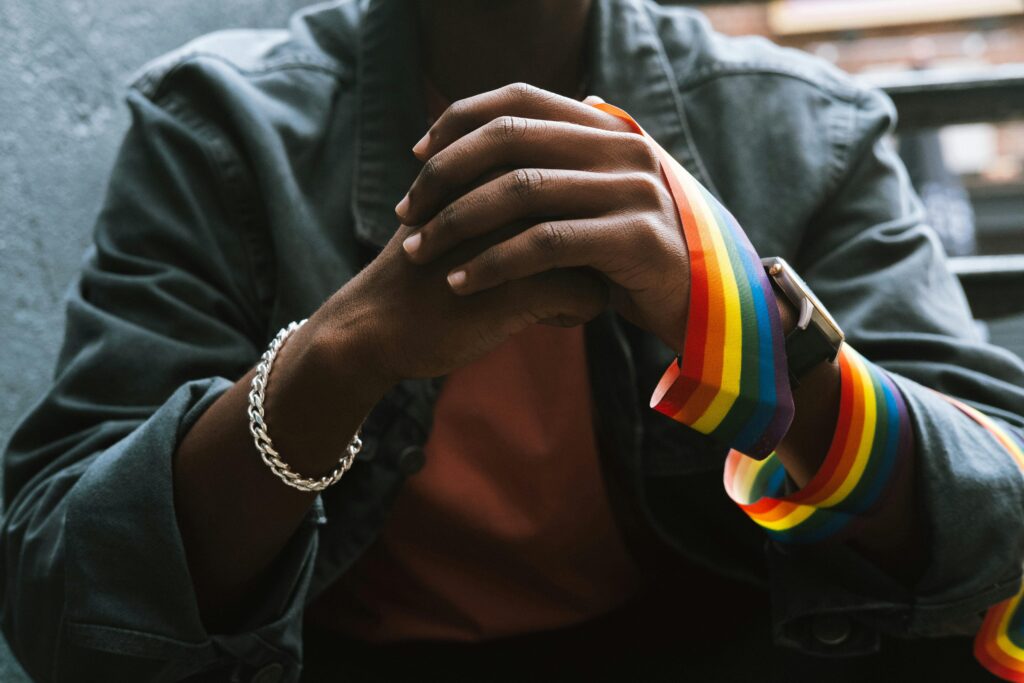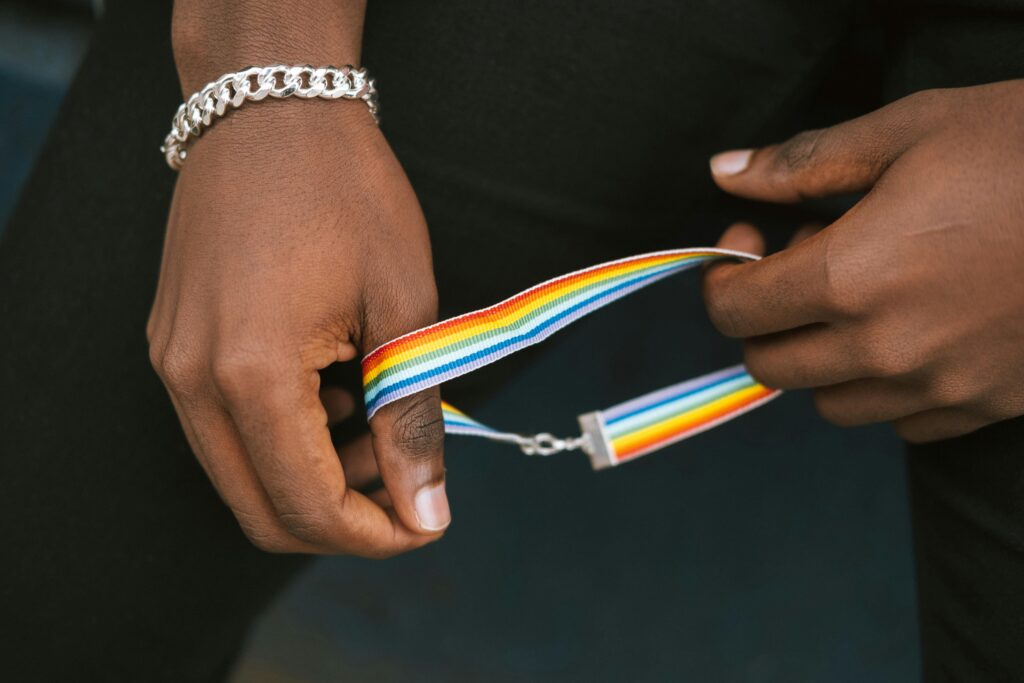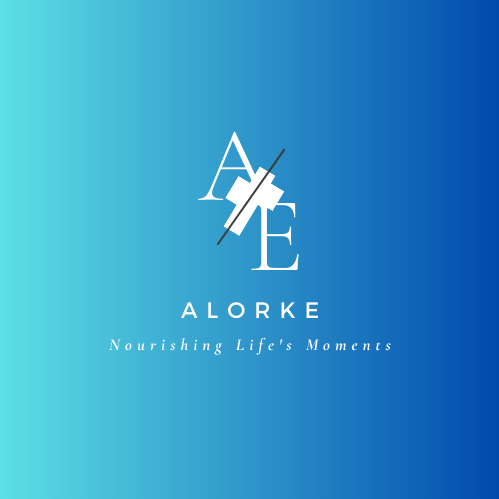I remember there was a time when ‘homosexual’ was a whispered word across the globe- but not anymore. It is no longer a sensitive word and more and more individuals, especially the black youths are now saying it aloud. However, the question we should all ask ourselves is whether the youth consider homosexuality as morally right. Should the African society accept gays or condemn them? Should they treat gay individuals differently?

I spoke to a certain group of youths of African descent, and this is what they had to say.
Obul: The media has contributed a lot to my knowledge about LBGTQ. I really cannot say whether homosexuality is right or wrong. Nowadays, our lifestyle has evolved and freedom of expression has really been liberalized. Being a gay person has somehow become normal. If I had a gay friend, I would treat them like all my other friends. However, I would draw a line if one showed an interest in me.
I also wouldn’t mind walking with them in public. I think that we should accept that individual have their differences and should therefore learn to live together without passing any judgement on each other. I also think that Africans should ape the western countries by legalizing LGBTQ.
Ian(African): I first heard LGBTQ in high school. I am against it. It goes against God’s teaching because He created a man for a woman and vice versa. I do not think I would be keen on keeping gay friends. Our African society should not condone this kind of behavior. The ratio of men to women is very high, so why would a man want to sleep with another man?
Lorna(African): I do not think homosexuality is right, but I am in no position to pass judgement on those who are in it. The society should not condemn gays but instead should treat them like normal human beings. I believe it is absurd to look down upon them. I also don’t mind having gay friends. In fact, I think they would make good friends since they are confident enough to open about their sexuality.
If a longtime friend confessed to me that she was a lesbian, I would be offended since she was hiding something from me. I would still remain friends with her and if it were possible, try to get her to change her mind on the issue. LGBTQ should not be allowed in Africa. At the end of the day, it is all about God. We should respect God’s laws.
Aladin(Black American): I do not condone gays. It is against our cultural norms, belief, and against God’s laws. It undermines human nature. I do not have any gay friends and would not wish to have any. We should view homosexuals as outcasts in our society. If any friend of mine confessed to be gay, I would cut off my friendship right away. I wouldn’t take it well if a fellow man confessed to be attracted to me. He would catch these hands!

On the other hand, in today’s world, it is imperative to recognize that being LGBTQ+ should not be an issue but rather a celebration of diversity and a fundamental aspect of a just and inclusive society. Upholding the rights and dignity of LGBTQ+ individuals is not only a moral imperative but also a pathway to creating a more harmonious and accepting global community.
At the heart of this perspective lies the principle of human rights and equality. Every individual, regardless of their sexual orientation or gender identity, deserves to live free from discrimination and prejudice. By embracing LGBTQ+ rights, we affirm the basic human right to love, express oneself authentically, and live without fear of persecution.
Diversity is a strength that enriches our society. Embracing individuals of different sexual orientations and gender identities contributes to a vibrant tapestry of experiences, perspectives, and talents. It fosters creativity and innovation, creating a society that is not only tolerant but also genuinely inclusive.

Furthermore, supporting LGBTQ+ rights is a crucial step toward ensuring the mental health and well-being of individuals within this community. Discrimination and societal stigma can have profound and detrimental effects on mental health. Creating an inclusive environment reduces these negative impacts, allowing LGBTQ+ individuals to thrive and contribute fully to society.
Social progress is intertwined with the acceptance of diversity. Overcoming prejudices and dismantling stereotypes contribute to positive social change. As societies evolve, the acceptance of LGBTQ+ individuals becomes a barometer of progress, reflecting a commitment to justice, equality, and understanding.
In essence, embracing LGBTQ+ identities is about recognizing the shared humanity that unites us all. It is about acknowledging that love is a universal experience that transcends gender. In a world that is increasingly interconnected, celebrating diversity and supporting LGBTQ+ rights becomes not only a local but a global imperative. By doing so, we move closer to a future where everyone can live authentically, free from discrimination, and contribute to a more compassionate and understanding world.
